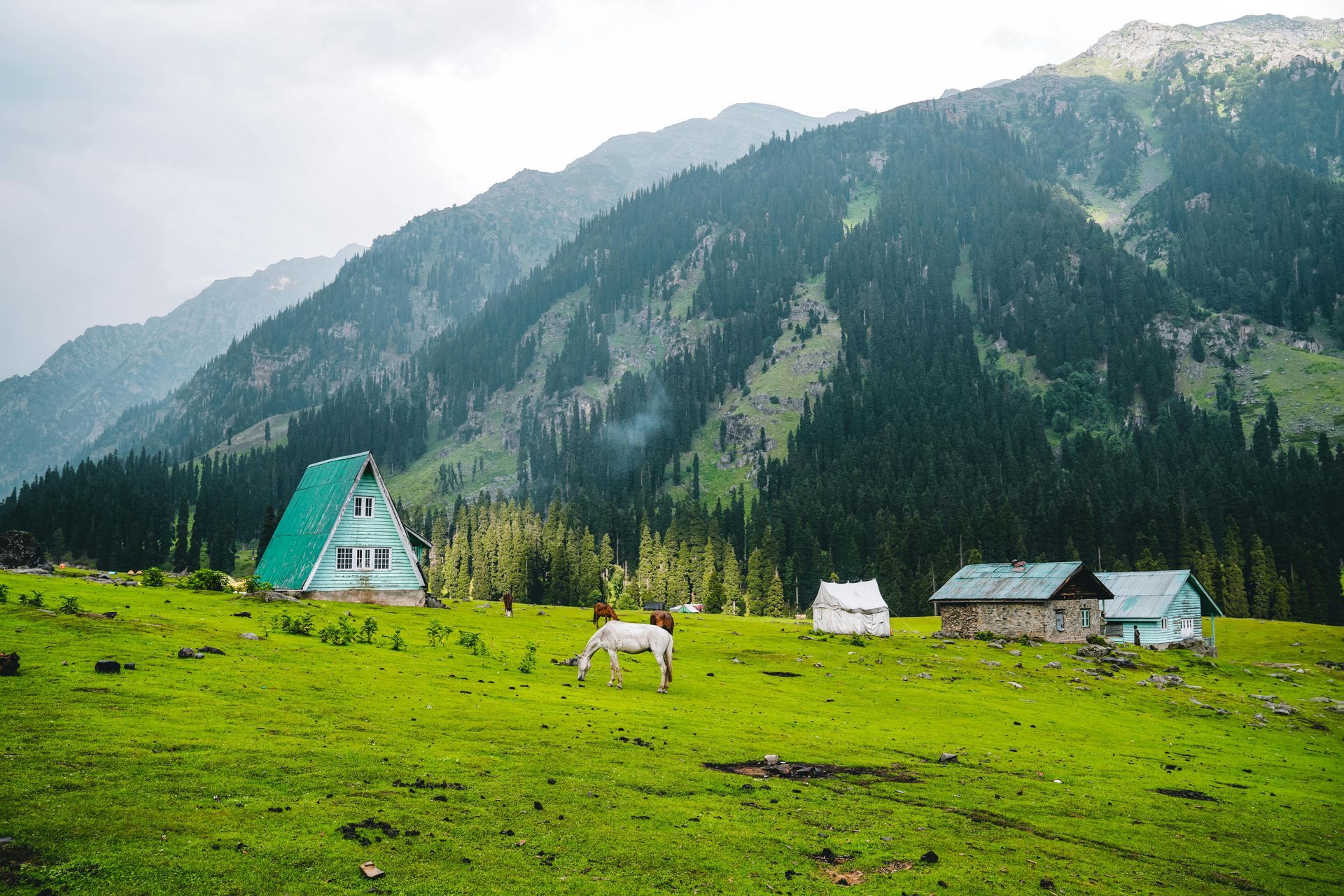Sustainable Travel: How to Explore the World Responsibly
Choose Eco-Friendly Accommodation

When booking your stay, look for hotels or lodges that prioritise sustainability. Many eco-friendly resorts and accommodations use renewable energy, reduce waste, and conserve water. Some also reinvest in the local community by sourcing food and products from nearby businesses.
Support Local Economies
A significant aspect of sustainable travel is contributing to the local economy. Instead of large chains, choose locally owned restaurants and shops. This not only provides you with a more authentic experience but also ensures that your money benefits the people and communities you visit.
Reduce Your Carbon Footprint

Flights contribute to a significant portion of global carbon emissions. Whenever possible, opt for direct flights to reduce your carbon footprint, or consider alternative transport like trains or buses. You can also offset your carbon emissions by investing in carbon offset programs that fund environmental projects around the world. Through our partnership with Trees4Travel you can calculate and help rebalance your carbon footprint - together we can help to reduce your environmental impact - plus we’ll plant a tree for every booking!
Be Mindful of Wildlife and Natural Habitats
When exploring nature or visiting wildlife attractions, ensure that they adhere to ethical standards. Avoid attractions that exploit animals for entertainment, such as elephant rides or photos with captive animals. Opt instead for nature reserves and sanctuaries that focus on conservation and the wildlife wellbeing.
Pack Reusable Travel Essentials

To reduce single use plastic waste, pack reusable items such as water bottles, shopping bags, and straws. Many destinations, especially islands and beaches, are struggling with plastic pollution, and every little effort helps to reduce this burden.
Respect Local Cultures and Traditions
Cultural respect is a cornerstone of sustainable travel. Learn about the local customs and traditions before you arrive, and always show respect for sacred sites, dress codes, and social norms. Supporting cultural preservation is not only beneficial for the community but also enriches your travel experience.
Travel Off the Beaten Path
Overtourism is a growing problem in popular destinations, leading to overcrowding, environmental degradation, and stress on local resources. To travel more sustainably, consider visiting lesser known destinations. This helps spread tourism income more evenly and reduces the negative impact on heavily trafficked areas.
Leave No Trace

A simple but powerful rule: always leave a place better than you found it. This means picking up your trash, staying on marked trails to prevent soil erosion, and avoiding actions that could harm the environment or wildlife. Leave behind only footprints and take away only memories - when some of our agents visited Mexico they participated in a beach clean as there was such a large amount of litter left behind.
Use Public Transport or Walk
Once you arrive at your destination, consider using public transport, renting bikes, or walking to explore. Not only does this reduce your carbon emissions, but it also allows you to experience the destination at a slower, more enjoyable pace.
Educate Yourself and Others

Finally, a big part of sustainable travel is raising awareness. Educate yourself on the environmental challenges facing the places you visit and share that knowledge with others. Whether through social media or conversations, you can help spread the message about the importance of sustainable travel.
By taking small steps, we can collectively make a big impact. Traveling responsibly ensures that future generations will be able to enjoy the same breathtaking experiences we have today. All while supporting the preservation of our planet and its diverse cultures.







